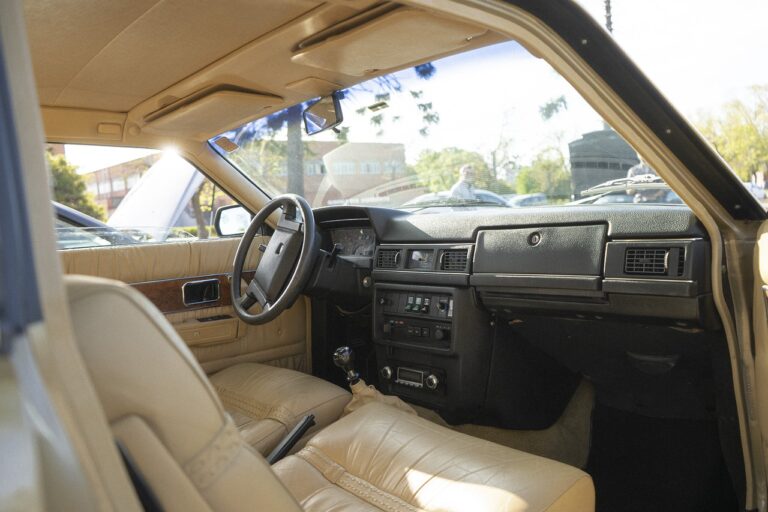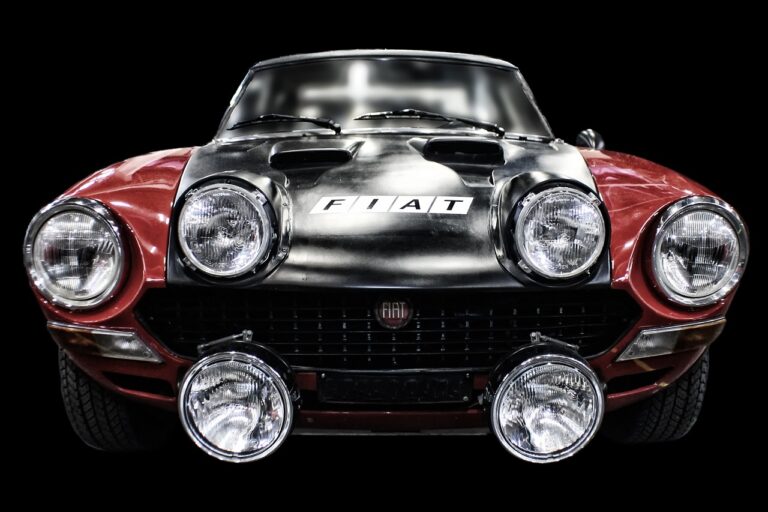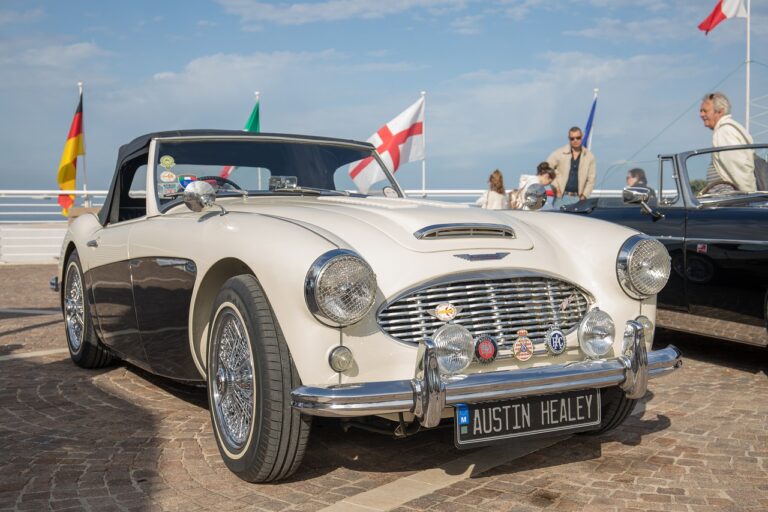Ford vs. Chevrolet: Deciding Between Two American Icons
Ford, one of the oldest automotive manufacturers in the United States, has a rich history spanning over a century. Founded by Henry Ford in 1903, the company revolutionized the mass production of automobiles with the introduction of the assembly line. Ford vehicles are often known for their reliability, durability, and practicality, making them a popular choice among American consumers.
On the other hand, Chevrolet, established in 1911 by Louis Chevrolet and William C. Durant, has carved its own niche in the automotive industry. Chevrolet cars are celebrated for their performance, style, and affordability. The brand has produced iconic models like the Corvette and the Camaro, which have garnered a loyal following of enthusiasts worldwide.
Ford was founded by Henry Ford in 1903
Chevrolet was established in 1911 by Louis Chevrolet and William C. Durant
Ford vehicles are known for their reliability, durability, and practicality
Chevrolet cars are celebrated for their performance, style, and affordability
Ford revolutionized mass production with the introduction of the assembly line
Chevrolet has produced iconic models like the Corvette and Camaro
History of Ford and Chevrolet: How They Became Icons
Ford and Chevrolet, both American automotive giants, have deep-rooted histories that have solidified their positions as iconic brands in the industry. Dating back to the early 20th century, Ford revolutionized the automotive world with the introduction of the assembly line, making cars more affordable and accessible to the masses. The Model T, launched in 1908, quickly became a symbol of innovation and progress, propelling Ford to the forefront of the automobile market.
Similarly, Chevrolet, founded by Louis Chevrolet and William C. Durant in 1911, began as a competitive force against Ford. With a focus on performance and style, Chevrolet cars quickly gained popularity among consumers seeking a blend of power and aesthetic appeal. The introduction of iconic models like the Corvette and the Camaro further solidified Chevrolet’s reputation for producing high-performance vehicles that captivated automotive enthusiasts worldwide.
Design and Aesthetics: Contrasting Styles of Ford and Chevrolet
Ford and Chevrolet, two American automotive giants, have distinct design philosophies that set them apart in the industry. Ford is known for its bold and futuristic approach, incorporating sleek lines and aggressive styling elements in their vehicles. On the other hand, Chevrolet tends to embrace a more traditional and timeless aesthetic, focusing on classic designs that stand the test of time.
When comparing the design language of Ford and Chevrolet, one can see the stark differences in their styling choices. Ford often experiments with unconventional shapes and cutting-edge technologies to create a sense of innovation and modernity in their cars. In contrast, Chevrolet prefers to stick to familiar silhouettes and refined details, evoking a sense of nostalgia and sophistication in their vehicles.
What makes Ford and Chevrolet stand out in the automotive industry?
Ford and Chevrolet are two of the most iconic American automotive brands known for their rich history, innovation, and high-quality vehicles.
Can you explain the history of Ford and Chevrolet?
Ford was founded by Henry Ford in 1903 and is known for pioneering the assembly line production process. Chevrolet, on the other hand, was founded by Louis Chevrolet and William C. Durant in 1911 as a division of General Motors.
How would you compare the design and aesthetics of Ford and Chevrolet vehicles?
Ford vehicles are known for their bold and rugged design, often incorporating sharp lines and a muscular appearance. Chevrolet vehicles, on the other hand, are more sleek and modern, with a focus on aerodynamics and contemporary styling.
Which brand is more popular among consumers, Ford or Chevrolet?
Both Ford and Chevrolet have a strong following among consumers, with each brand appealing to different demographics and preferences. Ultimately, the popularity of each brand can vary depending on the market and specific vehicle models.





